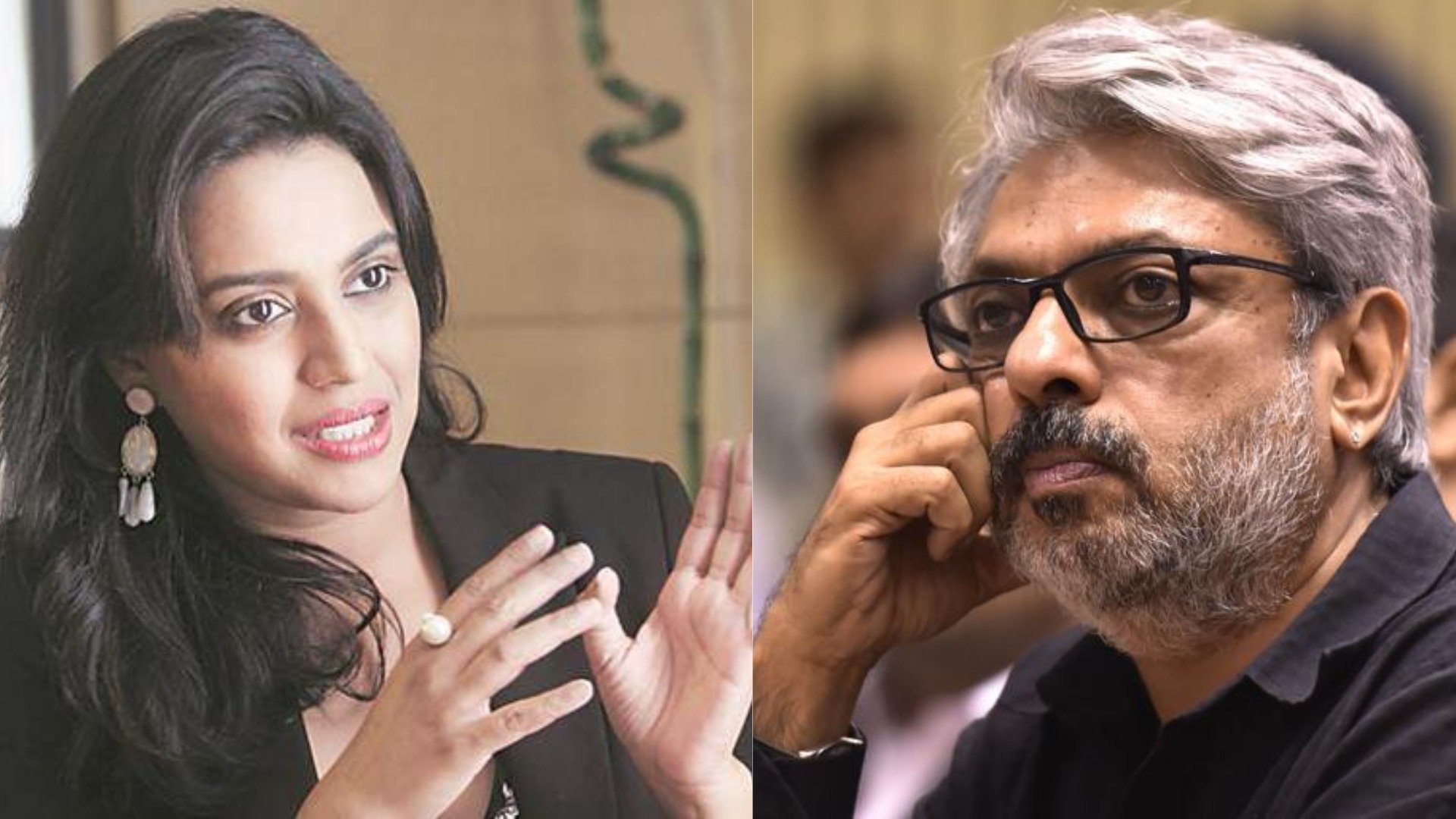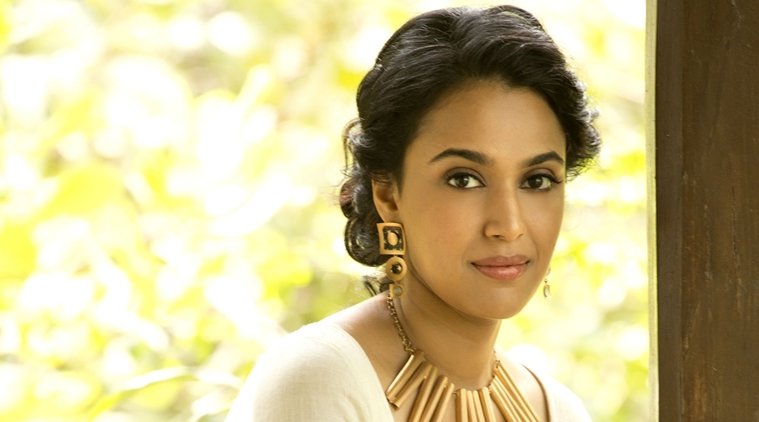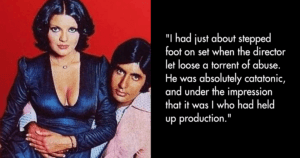Swara Bhaskar who did a small role in Sanjay Leela Bhansali’s film Guzaarish in 2010, has called the filmmaker out for the glorification of Sati and Jauhar in his film, Padmaavat, in an open letter published in The Wire on Saturday.

After watching the film, the 29-year-old actor poured her heart out. She began her letter by congratulating and praising the director for his film Padmaavat and later went on to call him out for glorifying such practices without giving them the right context.
She said she felt ‘reduced to a vagina’.
The letter reads,
I felt like a vagina. I felt reduced to a vagina–only. I felt like all the ‘minor’ achievements that women and women’s movements have made over the years– like the right to vote, the right to own property, the right to education, equal pay for equal work, maternity leave, the Vishakha judgement, the right to adopt children…all of it was pointless; because we were back to basics.
Swara took particular offence to Bhansali’s treatment of the final scene where Deepika Padukone’s character Rani Padmavati commits herself to fire to protect her honour. She compared this scene to making a film that glorifies lynchings and honour killings.
Should one make a film glorifying lynchings as a sign of some warped notion of hot-bloodedness, purity, bravery – I don’t know, I have no idea how possibly one could glorify such a heinous hate crime.
The actor wrote that practices like Sati, Jauhar, honour killings deny women equality, personhood, humanity and most importantly the right to life and therefore, she believes that it shouldn’t be glorified.
“Women have the right to live, despite being raped sir.Women have the right to live, despite the death of their husbands, male ‘protectors’, ‘owners’, ‘controllers of their sexuality’…whatever you understand the men to be.

She also wrote that she understands that Sati and Jauhar are a part of our society, but wondered if that means women – ‘widowed, raped, young, old, pregnant, pre-pubescent’ – have the right to live, because they weren’t treated like human beings with agency in the film.
I understand that Jauhar and Sati are a part of our social history. These happened. I understand that they are sensational, shocking dramatic occurrences that lend themselves to splendid, stark and stunning visual representation; especially in the hands of a consummate maker like yourself — but then so were the lynchings of blacks by murderous white mobs in the 19th century in the US – sensational, shocking dramatic social occurrences. Does that mean one should make a film about it with no perspective on racism? Or, without a comment on racial hatred?
The actor concluded her letter by writing that the disclaimer played at the beginning of the film condemning the acts meant nothing because it was followed by close to three hours of Rajput worship.
A similar opinion was also shared by a journalist.
If you are a woman who watched Padmavat and felt a bit uncomfortable, you are not alone. Swara Bhaskar gives voice to some of the feelings https://t.co/qgd0m8nVwn
— Janhavee Moole (@janhavee) January 28, 2018
From praising her to condemning her words, this is how Twitter reacted:
Poor Bhansali. If he does not follow history then there is Karni Sena and if he follows history then there is @ReallySwara 😀😀
— Gaurav Joshi (@gauravjoshi) January 27, 2018
What history? It’s based on a work of fiction. Padmavati did not exist in real life. Go read a real book.
— Mickey (@arsalan_gnostic) January 27, 2018
Would you be asking these profound questions if you were one one of the actors in this movie ? Have you honestly never played a role that did not discomfit you or objectified women ? Then you are in the wrong profession and industry ! Google some pics , I am loath to remind you !
— Gayathri Pradeep (@gayathripradeep) January 28, 2018
Is a filmmaker responsible for the social message the film sends? Isn’t it the fault of the education we receive if we let ourselves get permanently influenced by a 3 hour movie or by a powerful scene with anthem like music accompanying it?
— Shashank (@johny_waaker) January 27, 2018
This letter is just not for the director of Padmaavat but it is for all the film makers who reduce the female characters in their films to a vagina and glorify the violence against them in any form especially stalking and rape. Thanks for writing this one. Much appreciate it.
— Mazhar (@mazharmohd) January 27, 2018
Dear swara, I appreciate your opinion but the movie depicts history. This is what happened. nowadays filmmaker can not make a movie without getting bashed by pseudo feminist. #Padmavaat
— Mr Natwarlal (@MrNatwarlal79) January 27, 2018
Then, why did you do Raanjhana in which stalking was glorified ?Let a movie be a movie only and not make it a platform for judging socio-political inclinations.
— Ashish (@ashish_2wts) January 28, 2018
Woke up to this and I must say that you have beautifully presented what every cinema goer from India must have felt while watching the end sequence of #Padmaavat. Multiple thoughts in mind at present and really cannot sum it up in a tweet.
— sameer karve (@sameer2286) January 28, 2018
You can read her entire open letter here.

















